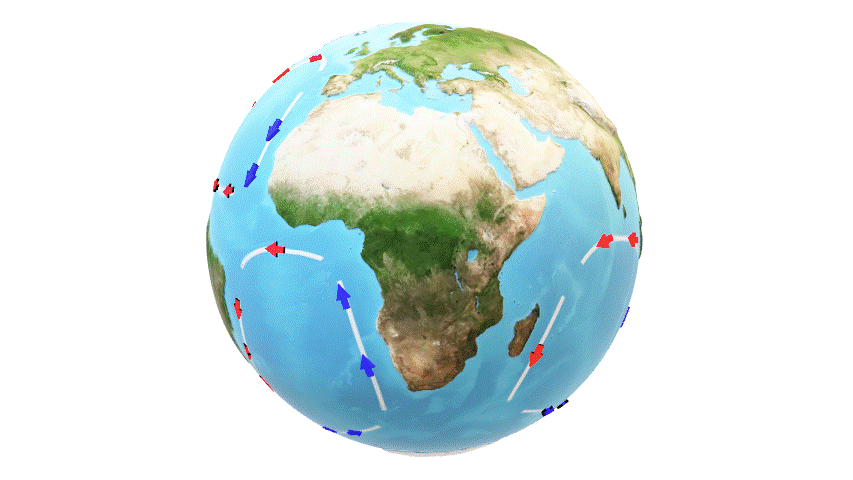G20 priority: land degredation, dersertification and drought
Solidarity Equality Sustainability
LAND DEGREDATION,
DERSERTIFICATION
AND DROUGHT
"LAND DEGRADATION IS THE RESULT OF HUMAN-INDUCED ACTIONS THAT EXPLOIT LAND, CAUSING ITS UTILITY, BIODIVERSITY, SOIL FERTILITY, AND OVERALL HEALTH TO DECLINE. LAND IS BEING DEGRADED RAPIDLY WORLDWIDE.
"
Ensuring food security for a growing global population requires healthy land resources and flourishing ecosystems. Yet our current agricultural practices are causing soils worldwide to be eroded up to 100 times faster than natural processes replenish them.
At least 70%of all ice-free land has been altered, impacting over 3.2 billion people. At current rates, 90% of land will bear our imprint by 2050. The impacts of land degradation will be felt by most of the world’s population. Land degradation also changes and disrupts rainfall patterns, exacerbates extreme weather like droughts or floods, and drives further climate change. It results in social and political instability, which drives poverty, conflict, and migration.
Land degradation neutrality (LDN) can halt, and then reverse, this alarming picture of the future. Approximately 196 countries have pledged to arrest land degradation by 2030. More than 100 countries participate in the Changwon Initiative, which supports national voluntary target-setting processes to achieve LDN. In line with these global efforts, the G20 launched the G20 Global Land Initiative (Global Initiative on Reducing Land Degradation and Enhancing the Conservation of Terrestrial Habitats) in 2020, aiming to prevent, halt and reverse land degradation with an ambition to reduce degraded land by 50 percent by 2040.
Achieving LDN requires three concurrent actions:
- firstly, avoiding new degradation of land by maintaining existing healthy land;
- secondly, reducing existing degradation by adopting sustainable land management practices that can slow degradation while increasing biodiversity, soil health, and food production; and
- thirdly, ramping up efforts to restore and return degraded lands to a natural or more productive state.
Land restoration has been on the G20 Environment Climate Change Working Group Agenda since 2020.
Therefore, LDN represents a major opportunity to contribute to sustainable development by scaling up good practices and pilot activities through large-scale transformative projects and programmes (TPPs). These initiatives can generate multiple benefits, including positive changes in human well-being, poverty alleviation, and the restoration of terrestrial ecosystems and their services.
Considering that each country that has hosted the G20 Presidency has championed a domestic and international legacy initiative during their G20 Presidency, South Africa intends to contribute towards the Southern Africa Great Green Wall (GGW) Initiative, which was approved by the Southern African Development Community (SADC) with an agreed resource mobilisation roadmap that is currently under implementation. It is proposed that this is a potential G20 Legacy Programme, in collaboration with the SADC Member States and supported by the African Development Bank, Global Mechanism of the United Nations Convention to Combat Desertification (UNCCD), the African Union, and the SADC Secretariat. Additionally, the Coordination Office of the G20 Global Land Initiative can support the programme's capacity-building efforts, enhancing skills and knowledge crucial for sustainable land restoration and management.
EXPECTED OUTCOMES
i.
Financial commitments from G20 countries mobilised to combat land degradation, desertification and drought.
ii.
Review of lessons learnt from large-scale restoration initiatives, including the Great Green Wall and the African Forest Landscape Restoration Initiative (AFR100), producing a compendium of case studies of restoration initiatives from G20 Members and relevant partners.
iii.
G20 countries support for investment plans through technical and financial assistance towards attaining LDN.
iv.
The capacity of government institutions, non-governmental organisations and civil society to support efforts and initiatives aimed at mitigating desertification, land degradation and drought is strengthened.
v.
Funding mechanisms to support landowners, communities, and conservation entities to implement sustainable land use management have been established and are functioning.
vi.
To ensure that degraded ecosystems are restored while contributing to ecosystem services delivery, climate change adaptation, and mitigation



